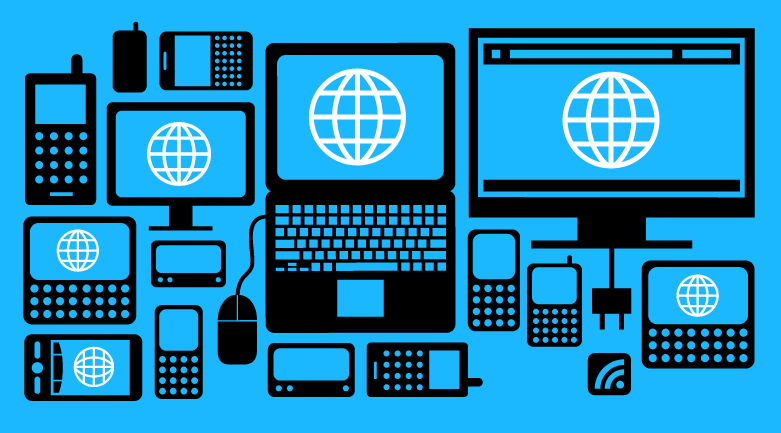POLITHEOR
European Policy Network
Net neutrality
- Home
- Net neutrality

What does the internet mean?1
- Digital Policy and Internet Governance, Op-ed
- 19/12/2015
The United Nations’ (UN) 2030 Agenda for Sustainable Development declares seeking “to bridge the digital divide”, including as its 9th goal the aim to “[…] significantly increase access to information and communications technology and strive to provide universal and affordable access to the Internet in least developed countries by 2020”. The op-ed is focused on one particular aspect of the current debate on Net Neutrality, namely zero-rating, and its implications for internet users around the world.
READ MORE
Net neutrality: Is there a light at the end of the tunnel?0
- Digital Policy and Internet Governance, Op-ed
- 12/06/2015
“We need balance between users and service providers which ensures equal treatment and no discrimination”[1], insists one of the youngest European Parliament’s members, Eva Paunova, during the panel discussions on Net neutrality at the European Dialog on the Internet Governance (EuroDig 2015). This argument is not new for these debates that have been ongoing since the late 1990s[2]; however, something has changed.
READ MORE

The Case for Governmental Regulation of Net Traffic (Part II)0
- Digital Policy and Internet Governance, Op-ed
- 02/01/2015
As debate over the future of the internet rages, there are three things to consider for those who hope to achieve their preferential philosophical outcome; the current realities, the proposed options, and the political winds most likely to lead to their chosen result.
READ MORE
The Case for Governmental Regulation of Net Traffic (Part I)0
- Digital Policy and Internet Governance, Op-ed
- 02/12/2014
Stepping onto the battlefield that rages over the issue of net neutrality, even as an observer, is enough to make your head spin. There is a vast amount of often contradictory information to process, with each faction that provides it chanting vigorously in defense of their own viewpoint. Soon you realize that each outcry sounds roughly the same, some version of “if our plans are not enacted, the beautiful internet you have come to love will be controlled and damaged by the wrong people, and end up just a shadow of its current self”.
READ MORE

